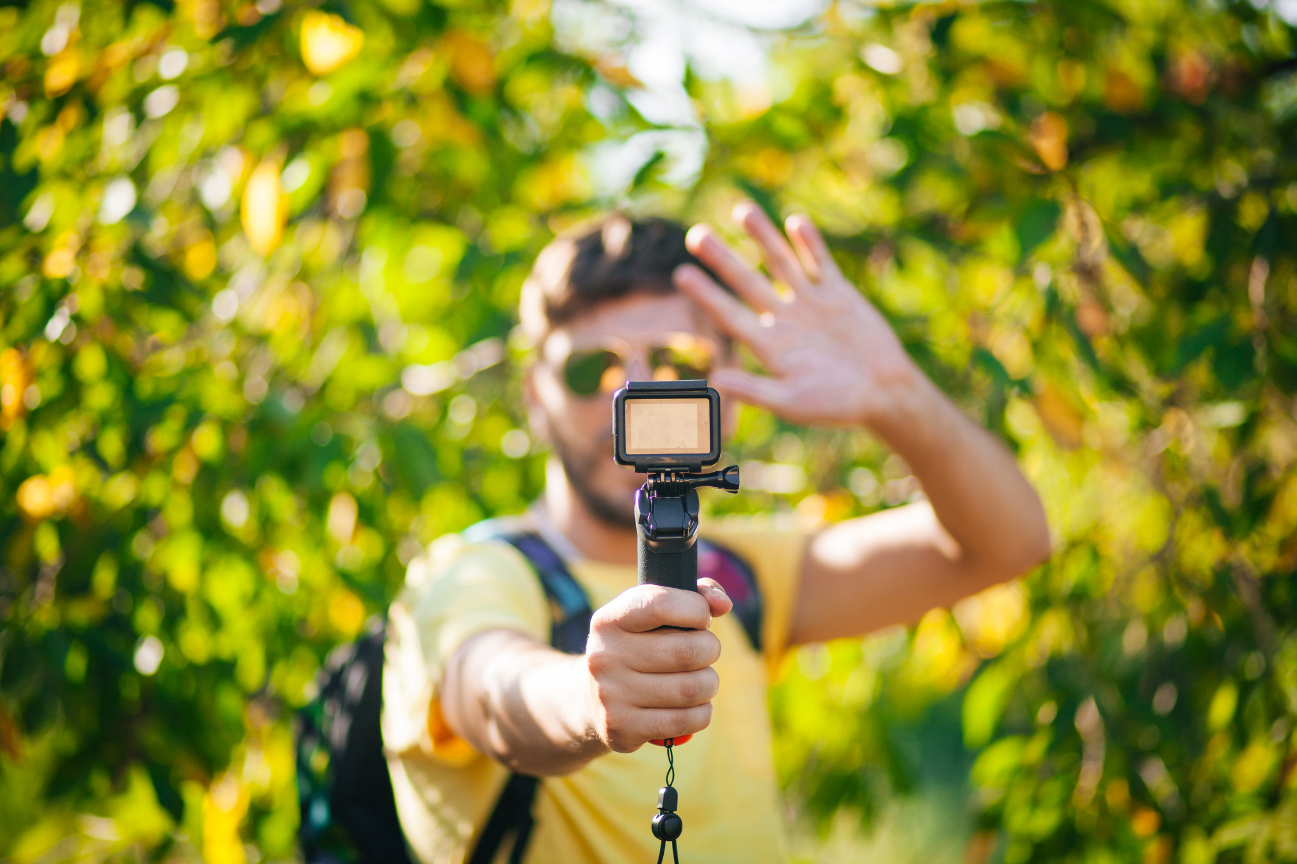Excelling in the competitive world of the tour & activity industry can be tough, especially for businesses that specialize in adventure, tours, and activity-related experiences. The use of Google Ads can effectively boost your business by attracting more bookings and enhancing your online visibility
Let us help you understand the best Google Ads strategies designed specifically for tour & activity businesses. Whether you are aiming to attract thrill seekers or those interested in serene cultural tours, these strategies are designed to help you manage your ad spend and target your ideal customers.
Why is Paid Search Important for Tour and Activity Businesses?
Paid search is crucial for tour and activity businesses looking to stand out in a crowded market. By investing in paid search campaigns, these businesses can directly target individuals searching for unique travel experiences, ensuring their offerings appear at the top of search results when potential customers are making decisions.
This form of targeted visibility increases the likelihood of conversions, driving more bookings, and enhancing overall revenue. Additionally, paid search provides valuable data on customer behavior and preferences, enabling businesses to refine their marketing strategies and offer tailored experiences that meet the specific needs of their audience.
What is the Best Google Ads Strategy for Your Tour and Activity Agency?
The best Google Ads strategy for your tour and activity agency hinges on precise targeting and compelling ad content. Here are some more Google Ads strategies to boost the visibility of your tour and activity agency:
Target the Right Audience
To maximize the impact of your Google Ads, it is essential to target the right audience. This involves understanding who your ideal customers are - whether they are adventure seekers, families looking for educational tours, or solo travelers seeking unique experiences.
Segmenting your audience based on demographics, interests, and behaviors allows you to tailor your campaigns to speak directly to their needs and desires, increasing the likelihood of attracting genuine leads.
Analyze Data Related to Location, Seasons, and Life Events
Leveraging data related to seasons, location, and significant life events can greatly enhance your advertising strategy. For instance, targeting ads to users in cold climates during winter months for tropical getaway tours, or offering honeymoon packages to recently engaged couples.
This approach ensures that your ads are not only seen by the right people but also at times when they are most likely to be planning their next adventure.
Research Relevant Keywords
Keyword research is fundamental in crafting an effective Google Ads campaign. Identify the terms and phrases that potential customers use when searching for tours and activities you offer.
Incorporating these keywords into your ads helps improve their visibility on search engines, making it easier for interested users to find your services. Aim for a mix of broad and specific keywords to capture traffic at various stages of the booking process.
Design Optimal Landing Pages
The landing page is where potential customers land after clicking on your ad. It is crucial that this page directly addresses what was promised in the ad and provides a smooth, engaging user experience.
An optimal landing page will have clear, concise information, high-quality images of the tour or activity, and a straightforward booking process. This minimizes bounce rates and increases the chances of converting visitors into customers.
Create a Relevant Ad Copy
Your ad copy should be clear, enticing, and relevant to the audience you are targeting. It should highlight the unique benefits of your tours or activities, such as exclusive access, special pricing, or a unique cultural experience.
The copy needs to resonate with your target demographic, prompting them to click through and explore more. Always include a strong call to action that motivates potential customers to take the next step.
Match Search Intent
Matching the search intent of your audience is critical for the success of your ads. This means understanding why users are searching for certain terms - whether they are looking for general information, comparing prices, or ready to book.
Tailor your ads and landing pages to meet these intents by providing the exact information they are seeking. For instance, if someone searches for “family-friendly tours in Bali,” your ad should speak directly to family-friendly aspects of your Bali tours and lead to a landing page that showcases suitable options.
While refining your Google Ads strategies, it's also beneficial to enhance your organic reach through search engine optimization. Discover more on how to optimize your SEO as a tour operator, which complements your paid search efforts and maximizes your overall online presence.
Benefits of Paid Search for Tour Companies
Paid search offers numerous benefits for tour companies looking to enhance their marketing efforts. It provides immediate visibility in search engine results, ensuring that your offerings are the first thing potential customers see when they're searching for relevant tours and activities.
Some more benefits are:
Access to Targeted Traffic
Paid search campaigns allow tour companies to reach highly targeted traffic with precision. By using specific keywords related to their tours and activities, companies can display their ads to individuals who are actively searching for those experiences.
This targeted approach ensures that the advertising budget is spent on leads most likely to convert, rather than a broad, uninterested audience.
Instant Results
One of the standout advantages of paid search for tour companies is the ability to see instant results. Unlike organic search strategies, which can take months to yield significant traffic increases, paid search ads start driving potential customers to your site as soon as the campaign goes live.
This immediacy is particularly beneficial for promotions, last-minute deals, or when entering a new market.
Effective Brand Awareness
Paid search not only drives direct bookings but also significantly enhances brand awareness. Even if users don’t click on your ad the first time, simply seeing your company name and what you offer increases recognition and can influence future decisions.
Over time, this repeated exposure builds a level of familiarity and credibility among potential customers, which is essential for long-term brand growth.
Key Takeaways
Precise Targeting: It's crucial to target the right audience by understanding who your ideal customers are—whether they are adventure seekers, families, or solo travelers. Segmenting your audience based on demographics, interests, and behaviors can increase the chances of attracting genuine leads.
Data-Driven Adjustments: Utilize data related to location, seasons, and significant life events to time your ads perfectly. This enhances your ads' relevance, ensuring they are seen by the right people at the right time.
Keyword Optimization: Conduct thorough keyword research to find terms and phrases your potential customers are using. A mix of broad and specific keywords can capture traffic at different stages of the booking process, improving visibility and driving more qualified leads.
Frequently Asked Questions
Can You Target Google Ads by Location?
Yes, you can target Google Ads by location, which is a powerful feature for reaching specific audiences based on where they live or where they are searching from.
This geographical targeting allows you to customize your campaigns to show ads to users in specific countries, regions, cities, or even within a set radius from a location, such as a store or office.
What is a Keyword in Paid Search?
A keyword in paid search is a word or phrase that advertisers bid on in their pay-per-click (PPC) campaigns. These keywords are used to match an advertiser’s ads with the terms people are searching for on search engines.
What is the Value of Paid Search?
The value of paid search lies in its ability to provide immediate visibility, precise targeting, and measurable results. By placing ads directly in front of users actively searching for related products or services, businesses can increase traffic, conversions, and ultimately revenue.












